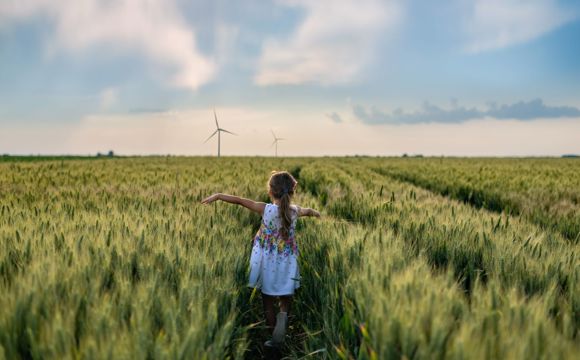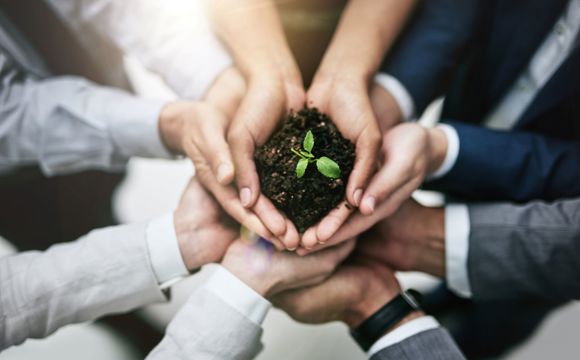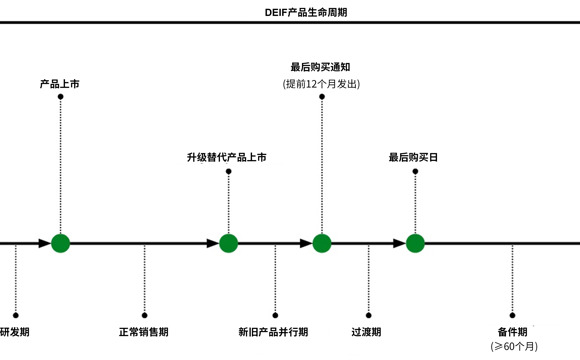Simple and effective process at DEIF Brazil ensures responsible WEEE management
In 2021, the combined weight of all waste electronic and electrical equipment (WEEE) in the world surpassed the weight of the Great Wall of China. The problem is growing fast, but DEIF is contributing to a more responsible approach – for example in Brazil.
DEIF Brazil has implemented a simple and effective way of handling waste electronic and electrical equipment (WEEE) to make sure that it is treated in an environmentally responsible manner. The WEEE, most of which comes from the company’s Repair department, is separated from other waste and stored in a segregated space at DEIF Brazil’s facilities. When enough WEEE has been accumulated, DEIF Brazil contacts a certified waste disposal company which collects the WEEE for recycling or disposal.
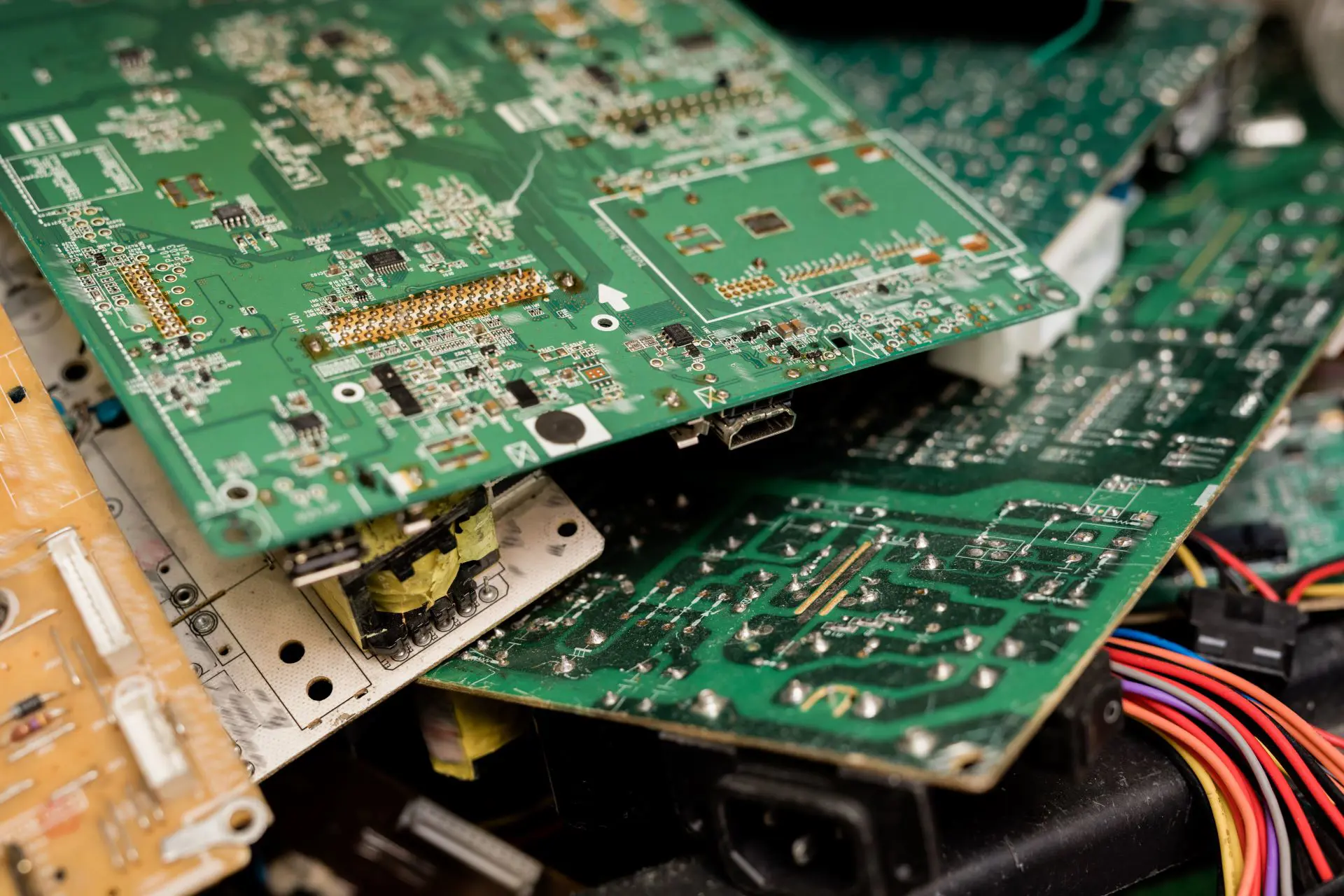
A special obligation
The process aligns perfectly with DEIF’s ambitions. As a manufacturer of electronic devices, we have a special obligation to ensure that electronics are manufactured, used, and disposed of in an environmentally responsible manner. We do this by designing our devices for a long service life, and by handling the WEEE when our controllers have closed their last switches, and our instrument needles have flickered for the very last time.
One year of WEEE outweighs the Great Wall
The Brazilian initiative is a simple and much-needed solution to a problem that is growing fast. According to the WEEE Forum, the combined weight of the WEEE generated globally in 2021 totalled an estimated 57.4 million tonnes – greater than the weight of the Great Wall of China. And the World Economic Forum has identified electronic waste as the fastest-growing waste stream in the world, pointing out that society only deals appropriately with 20% of electronic waste. There is little data on what happens to the rest, much of which ends up in landfills or is disposed of by informal workers in poor conditions.
Full traceability throughout the process
Solving the problem requires knowledge and full transparency, and retaining full control and traceability throughout the process is therefore also a crucial aspect of DEIF Brazil’s solution. The waste disposal company must supply documentation such as invoices and certification of material destruction, possibly supplemented by photos and videos. In addition, all materials leaving DEIF Brazil’s premises are carefully registered.
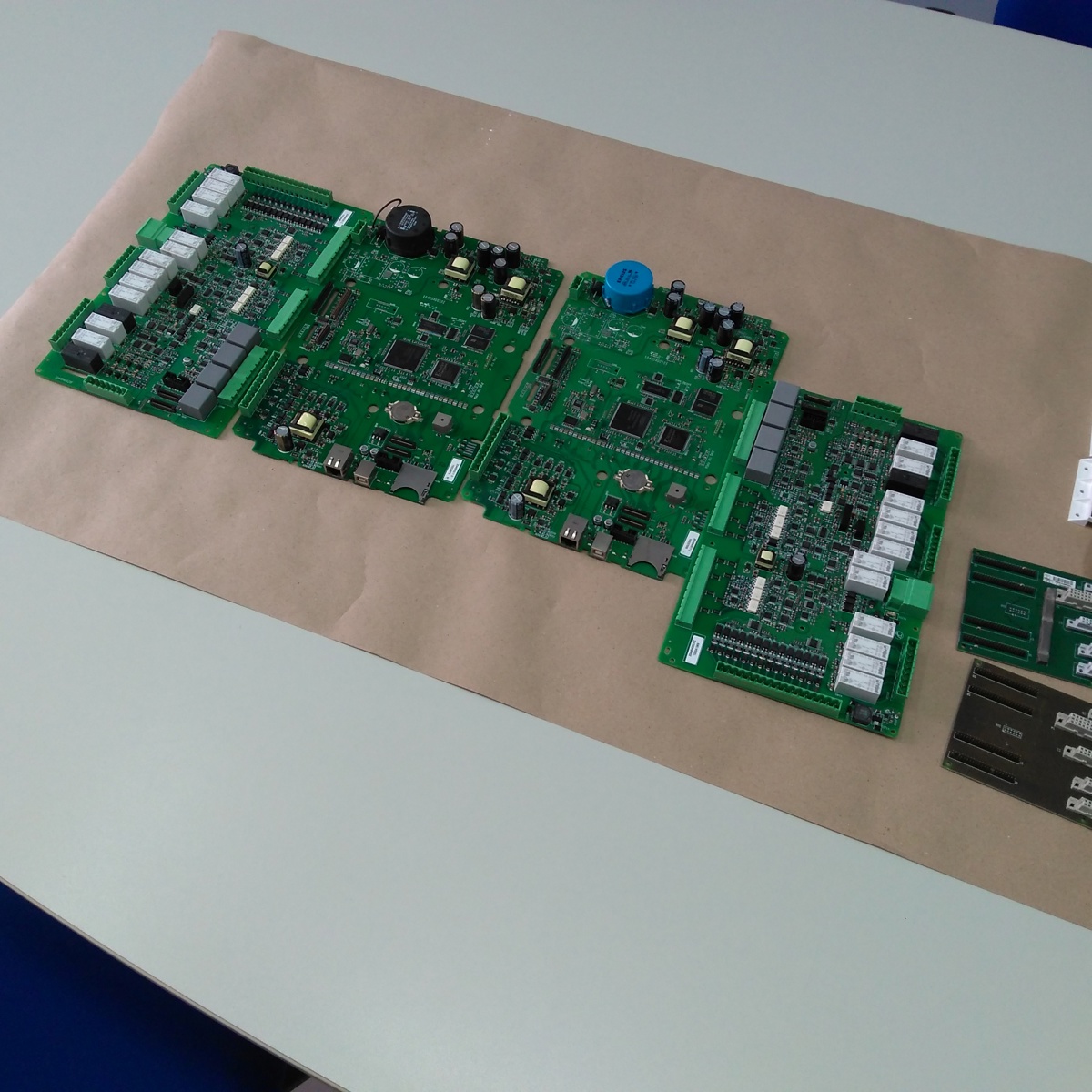
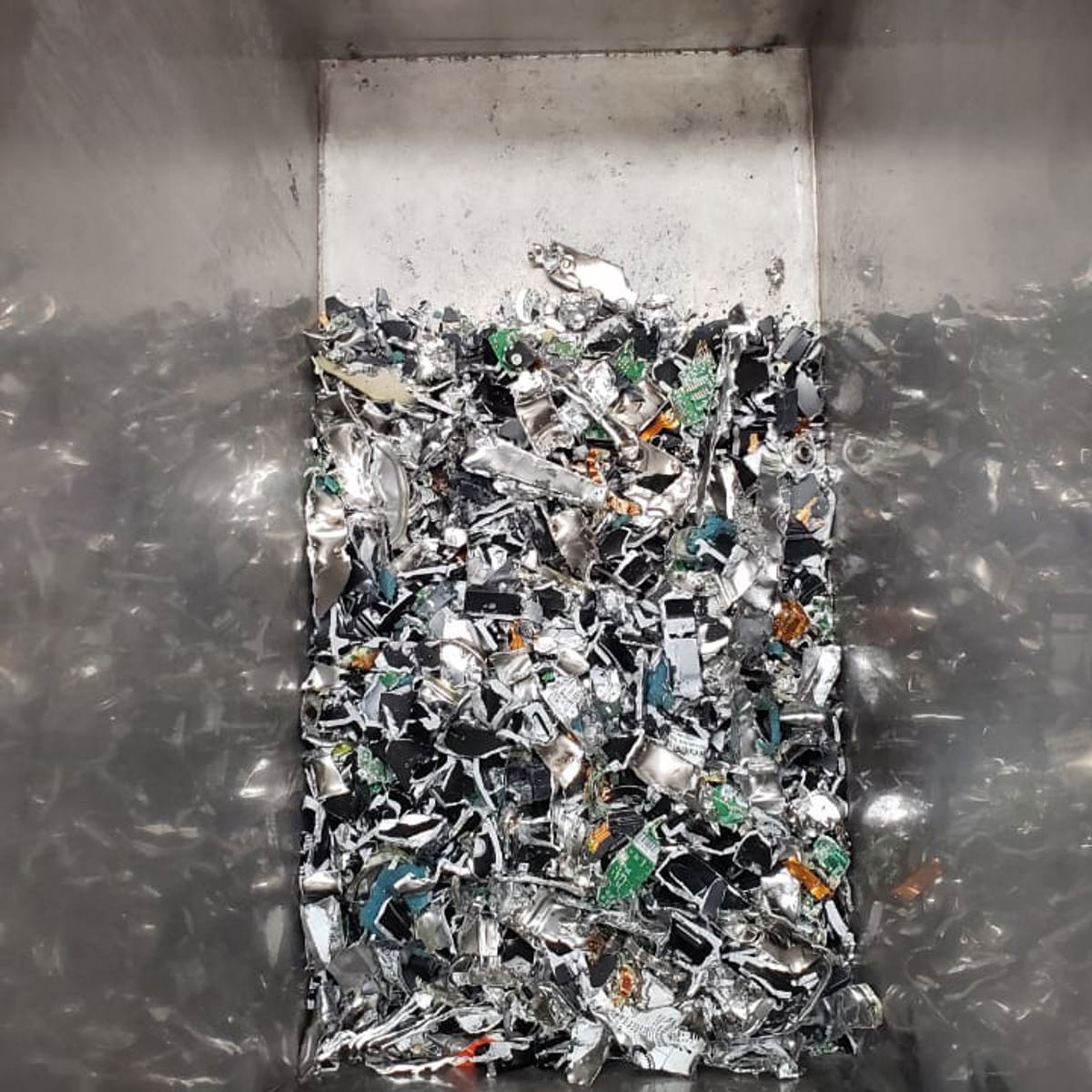
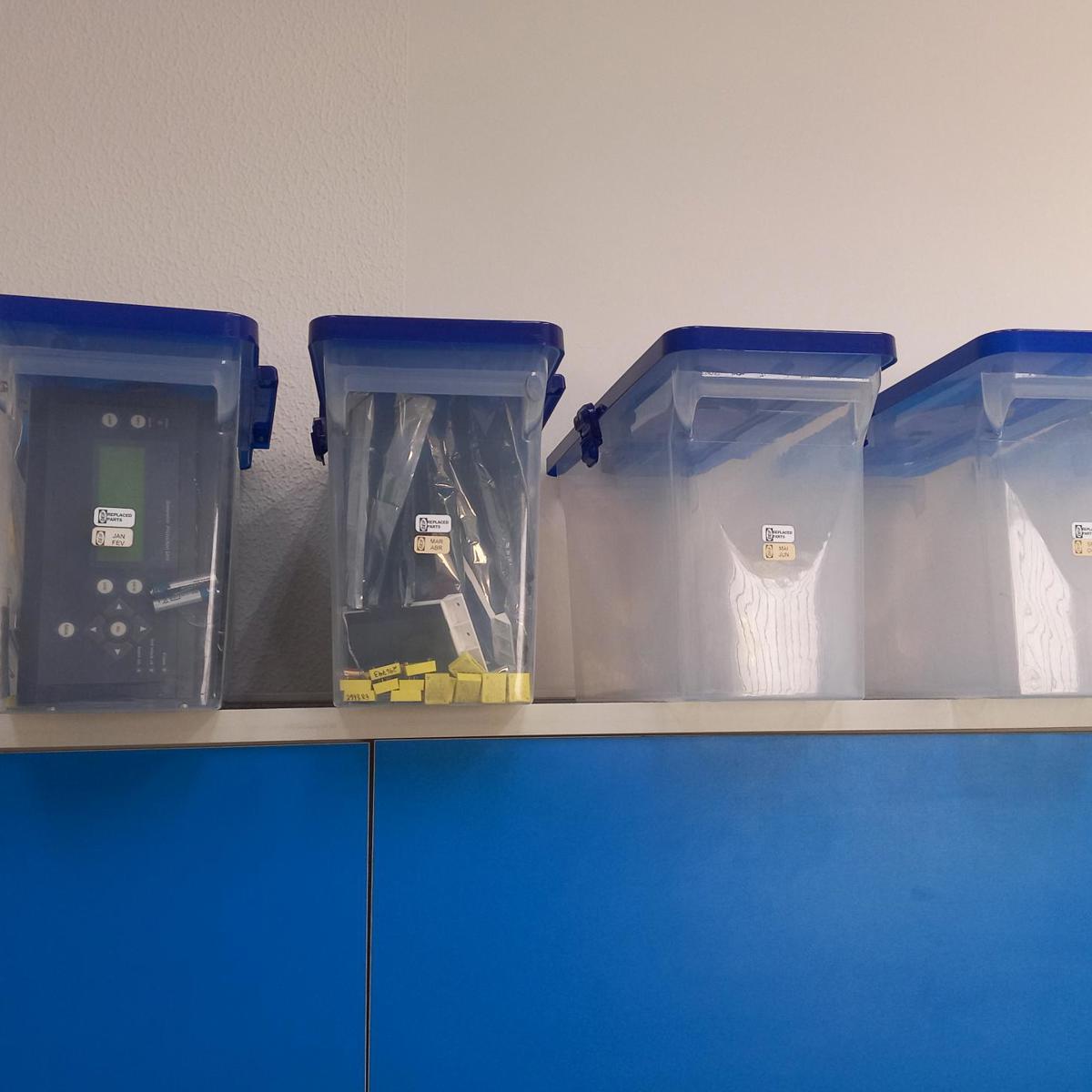
Part of a company-wide effort
DEIF aims to deliver circular solutions with a long service life, and solutions similar to the Brazilian initiative are in operation across the company. In 2022 we took more than 1,570 controllers back for service and repair globally, thereby saving almost 2,750 kg of electric and plastic waste plus materials and energy. By doing so, we implement a completely transparent process for handling WEEE throughout the product lifecycle all the way down to final incineration of component parts.
We work actively to exchange ideas that reduce our climate footprint. In late 2022, DEIF Brazil’s solution was presented at an international cross-organisational ActionLab event designed to facilitate discussions about how DEIF can increase sustainability awareness across our customer touchpoints and accelerate the green transition.
Every little bit counts
"DEIF devices make up a very small part of the world’s WEEE, but every little bit counts. With the Brazilian initiative and other DEIF efforts to manage WEEE, we are contributing to a more responsible use of electronics from cradle to grave – and trying to prevent another Great Wall of electronic waste."

